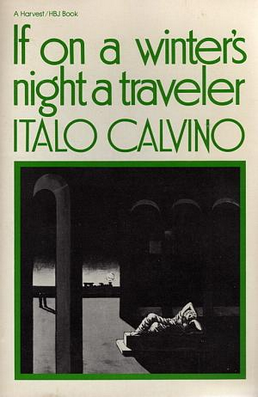A recent study suggested that 50% of those (40–60) have hardened arteries — that’s a lot of cardiac arrests on the horizon for generation X. Of course that’s on top all the other woes we have. However it’s nothing compared to the future Millennials Gen Z might be facing, and that’s why I think genXers deserve everything they get (and yes I’m a genXer). It was on our watch that we let a progressive inclusive future be coerced and swallowed whole by the Baby boomers. For a while things seemed to be going in the right direction, but as with all good things, people got too fucking greedy. Suckered by seeing our wealth grow through property or shares we gleefully abandoned ideals and joined the boomers at the trough. Of course that was the bait, the way to push their share of the pie beyond anything the world has seen before, and at any cost. When the collapses came, those at the bottom got fucked, those at the top only saw fresh opportunities to increase their wealth even further. All thanks to ‘natural’ market forces.
“The free market is perfectly natural”. Do you think that I’m some kind of dummy? It’s the ideal way to order the world — “Fuck the morals, does it make any money?” — Jarvis Cocker
And now we are here. Inequality worse than ever before, climate catastrophe no longer just around the corner but in our neighborhoods, the systematic demolition of all social/political safety nets and a very bleak prognosis for the human race (well at least in the West).
Well, bullshit to that. I’m not giving up and if you want a better future, you Millennials Gen Zers are going to have take from these bastards. All these systems, laws, mechanisms of control are illusions. They are built on agreements and as such you can take them, screw them up and reinvent the world a new. The super rich, the super powerful are nothing in relation to your roar, your collective might. Together you can turn them into dust, redistribute wealth and power to make this a better world for everyone.
After all, most them are dying anyway. They are waiting on your genius and breakthroughs to keep them alive — well I say fuck that, turn your research towards other things. Say no to the longevity and anti-aging research, fuck the robot carers, make these bastards depend on you when their shitting themselves and unable eat solid food. If a corporation is not supporting the environment, not treating people fairly, tax the fucker, or shut it down — you’ll be the ones in government.
Don’t follow in the footsteps of todays arseholes, look at the world and decide to invent a better future for all. A future where you can put words like diversity, fetus, science-based, vulnerable, evidence-based, transgender, and entitlement in any document you fucking please.
Or better still listen to the great poets of your time, the voices of your generation and take action in 2018.
Update: given up on Millennials the only real hope is Gen Z



















